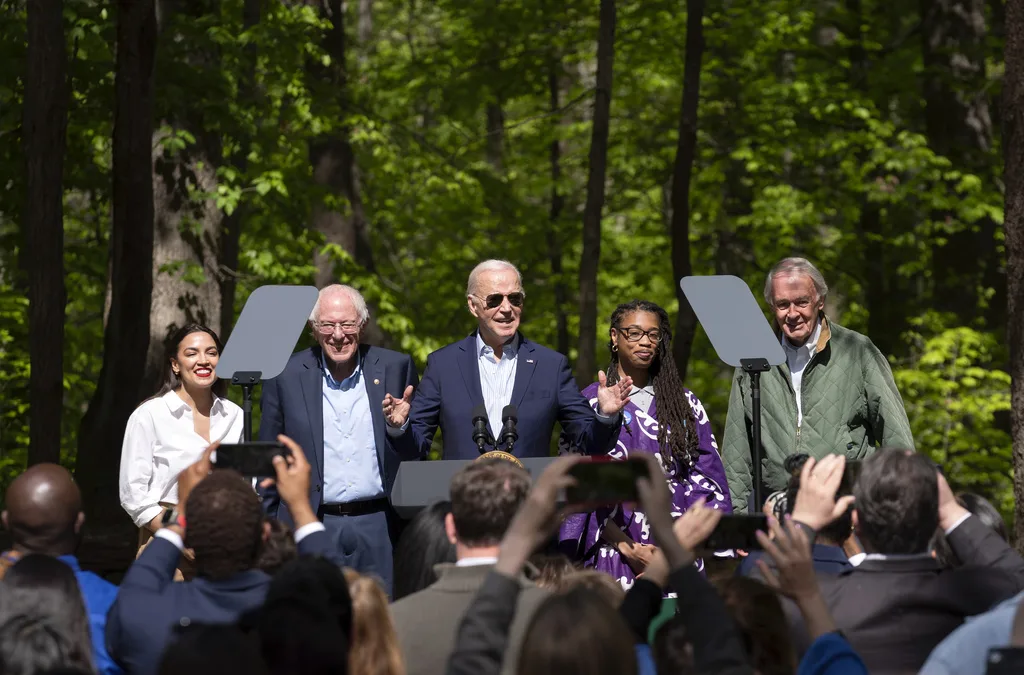
(AP Photo/Ted Shaffrey)
Book bans like in the Central York School District and several others across Pennsylvania are just the latest attack on public schools—a way for dark money groups to create division between teachers, administrators, and the community at large.
Back in April, PEN America released a report detailing the new wave of book bans across America. In that report we learned that Pennsylvania is second only to Texas when it comes to banning books.
The most recent chapter of the book banning story centers on the book series ‘Girls Who Code,’ which encourages young girls to pursue careers in STEM related fields. The book was recently removed from the curriculum in the Central York School District and several others across Pennsylvania.
Defending the removal, then school board president Jane Johnson said, “What we are attempting to do is balance legitimate academic freedom with what could be literature/materials that are too activist in nature, and may lean more toward indoctrination rather than age-appropriate academic content.”
The Declaration of Independence is perhaps the most “activist” document ever written in American history, yet it remains available everywhere, and entirely unchallenged. It is clear that “activism” is not the issue at play, but is being used simply as a keyword for the things that are less popular to say out loud.
Proponents of the bans also continuously make process arguments in which the word “ban” is challenged as false. For example, while ‘Girls Who Code’ has been removed from the curriculum in many schools, it is still available in many libraries. So, while it is not technically “banned” it is no longer taught in many places. Therefore, “activist” groups behind the removals can claim they are not actually doing what they spend all of their time, effort, and money on.
The dark money groups behind these bans support these efforts for very simple and profit-seeking reasons. The more division that can be created between teachers, administrators, and the community at large, the more control the for-profit education tycoons get to have over Pennsylvania’s system of public education.
The model is simple, and it works. Create division. Use that division to create political power. Use that political power to create profit by sending public money to private industries. Rinse and repeat.
Books bans are just the latest attack on public schools, and they will continue. As long as there is money to be made, and as long as it remains politically advantageous to demonize educators and attack public education, dark money will keep funding astroturf organizations that challenge books.
And the pressure will remain on parents and voters to defend Pennsylvania’s right to learn.
Politics

Influencers and creators find new ways to engage young Philadelphia voters
Rec Philly, a space for creators and influencers, teamed up with Show Up Strong to get hundreds of young Philadelphia residents engaged in the...

New Biden rule protects privacy of women seeking abortions
Under the new rules, state officials and law enforcement cannot obtain medical records related to lawful reproductive health care with the goal of...

Biden marks Earth Day by announcing $7 billion in solar grants
The Biden administration on Monday announced the recipients of its Solar For All Program, a $7 billion climate program that aims to lower energy...
Local News

Conjoined twins from Berks County die at age 62
Conjoined twins Lori and George Schappell, who pursued separate careers, interests and relationships during lives that defied medical expectations,...

Railroad agrees to $600 million settlement for fiery Ohio derailment, residents fear it’s not enough
Norfolk Southern has agreed to pay $600 million in a class-action lawsuit settlement for a fiery train derailment in February 2023 in eastern Ohio,...





